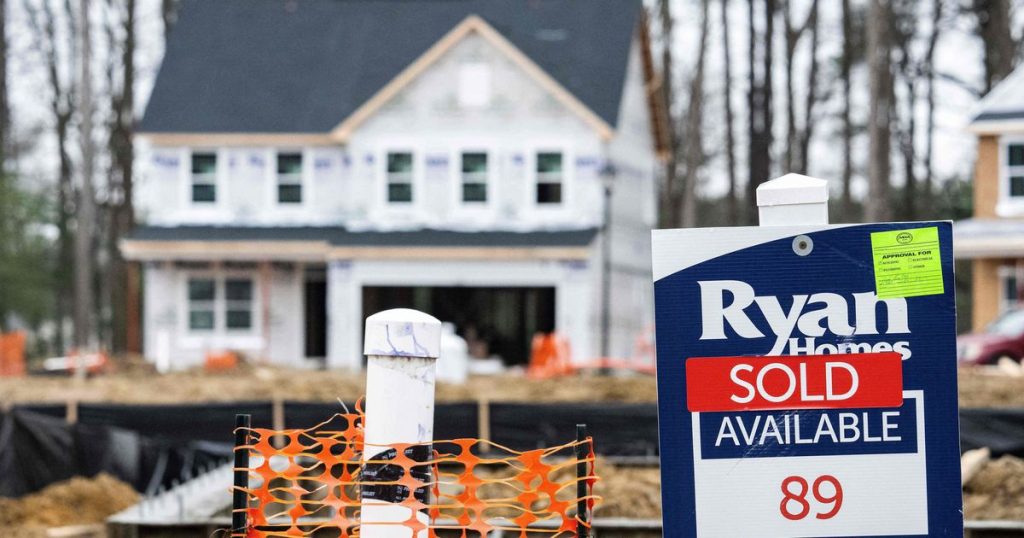The Biden administration is working to finalize regulations to reduce greenhouse gas emissions from lightbulbs, vehicles, and homes before a key deadline that could potentially be undone by Donald Trump if he returns to the White House. One significant proposal by Biden involves updating federal housing rules that would save homeowners money on energy bills while also curbing emissions. The delay in finalizing the rule is causing uncertainty, and critics argue that stricter energy efficiency standards for new homes would increase costs when affordable housing is already a pressing issue.
The Department of Housing and Urban Development found that implementing new energy efficiency standards would increase building costs but ultimately save consumers money on energy bills over the life of the home. While the adoption of the latest building codes would lead to significant energy savings, many states have not yet made the switch to greener housing standards. Federal loans for housing could provide an incentive for states to adopt more efficient building practices to reduce emissions and energy costs.
The American Gas Association has criticized the proposed housing codes, arguing that they would limit access to financing for many potential homebuyers and developers. The federal government has the authority to increase housing loan standards as more efficient codes come out, although this has not been updated since 2015. Building codes have become a battleground in the transition to cleaner energy, with the latest codes focusing on increasing energy efficiency and reducing greenhouse gas emissions.
Efforts to make homes more energy-efficient are crucial, as they can help protect homeowners from energy price fluctuations due to geopolitical conflicts or extreme weather events. States are allowing utilities to raise rates to support grid modernization, placing further financial strain on consumers. Local governments play a key role in influencing building standards, and the recent changes to the ICC code-writing process have implications for energy efficiency and emissions reductions in construction.
The Federal Housing Finance Agency, Fannie Mae, and Freddie Mac do not currently require adherence to specific energy codes for loans, but there are calls for similar standards to be implemented. The clock is ticking to finalize regulations to curb emissions and promote energy-efficient homes. Legal experts are debating when the Congressional Review Act deadline will be, which may impact the fate of Biden-era climate rules. The upcoming release of the ICC’s 2024 codes, which were influenced by gas companies, highlights the ongoing struggle between industry interests and efforts to address climate change in the construction sector.


